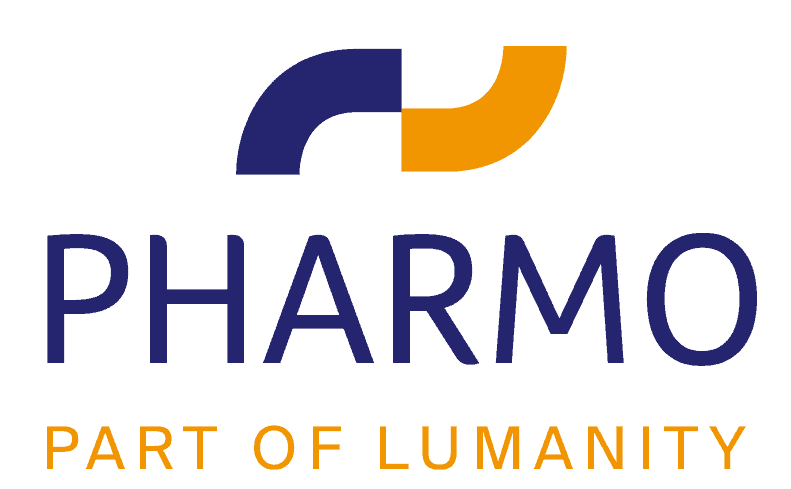Previous studies on metformin use and gastrointestinal (GI) cancer risk have yielded inconclusive results on metformin’s chemoprotective effects. We aimed to evaluate GI cancer risk in users of metformin in The Netherlands using a time-varying apprach in a large population-based database. A cohort study was performed using the NCR-PHARMO database. Patients using >/=1 non-insulin anti-diabetic drug (NIAD) during 1998-2011 were included (N=57,621). Exposure to NIADs was modelled time-varyingly. Coxregression analysis estimated hazard ratios (HRs) of GI cancers in current metformin users versus current users of other NIADs. Covariables included age, sex, drugs known to impact cancer risk, history of hospitalization, and starting year of follow-up.A sensitivity analysis was performed, applying a new-user design. Current use of metformin was not associated with a decreased risk of GI cancer (HR 0.97, 95% CI 0.82-1.15), or specific GI cancer sites. The sensitivity analysis yielded comparable results. No decreasing trends were observed with increasing cumulative dose of metformin (HR 1.05, 95% CI 0.85-1.28, HR 0.89, 95% CI 0.73-1.10, HR 0.96, 95% CI 0.77-1.19 for dose tertiles low [<405 g], medium [405-999 g], and high [>/=999 g]). In contrast, an increased risk of pancreatic cancer was found in current users of metformin plus insulin (HR 4.90, 95% CI 2.64-9.10). In conclusion, no decreased risk of GI cancer was found in current metformin users compared to current users of other NIADs. Variations in the exposure definition of metformin use may be one of the explanations of previously found reduced cancer risks in metformin users.
To provide the best experiences, we use technologies like cookies to store and/or access device information. Consenting to these technologies will allow us to process data such as browsing behavior or unique IDs on this site. Not consenting or withdrawing consent, may adversely affect certain features and functions.
Functional Always active
The technical storage or access is strictly necessary for the legitimate purpose of enabling the use of a specific service explicitly requested by the subscriber or user, or for the sole purpose of carrying out the transmission of a communication over an electronic communications network.
Preferences
The technical storage or access is necessary for the legitimate purpose of storing preferences that are not requested by the subscriber or user.
Statistics
The technical storage or access that is used exclusively for statistical purposes.
The technical storage or access that is used exclusively for anonymous statistical purposes. Without a subpoena, voluntary compliance on the part of your Internet Service Provider, or additional records from a third party, information stored or retrieved for this purpose alone cannot usually be used to identify you.
Marketing
The technical storage or access is required to create user profiles to send advertising, or to track the user on a website or across several websites for similar marketing purposes.
